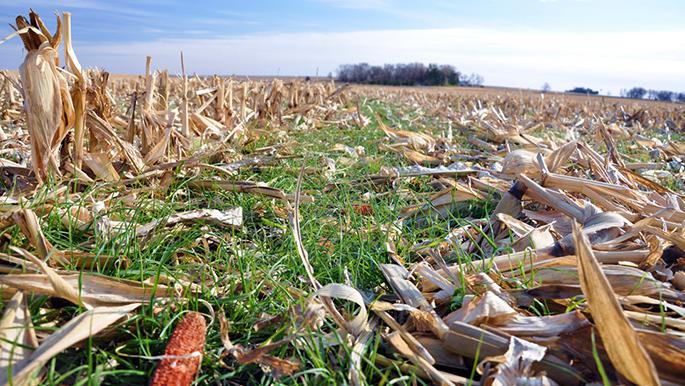House Republicans have made continuous efforts to reduce or eliminate the burdensome ‘Estate Tax,’ known also as the ‘Death Tax,’ with more than a half-dozen bills introduced in the spring 2023 legislative session. And despite Gov. JB Pritzker stating that reducing the estate tax was one of his ‘shared priorities,’ Democrats’ inaction left out any action on all of the bills before final adjournment in May.An estate tax, or inheritance tax as it is known in other states, is a tax paid by the estate of a deceased person after all debts to the private sector have been paid. In the states like Illinois where it is a law, payment of an estate tax is an essential part of the probate process. In estate tax law, the exclusion amount is an amount that is not considered when an estate is being taxed. The Illinois Estate Tax is a sliding-scale tax on probationary estates, and the tax cannot be levied on that part of an estate that is excluded. The current $4 million State of Illinois Estate Tax exclusion amount was enacted in December 2011 for persons dying on or after January 1, 2013. Prior to this enactment, the Illinois exclusion amount was $2 million.
By contrast, the federal exclusion amount is indexed to inflation, though. It was $12.06 million in 2022 and that amount has gone up to $12.92 million in 2023. Unless there are further changes to federal estate tax law, that exclusion amount is scheduled to be cut in half in 2026 due to a quirky feature in the law that sunsets the current indexation. Currently, only 17 states charge an estate/inheritance tax, and 33 do not. Iowa is in the process of phasing out its inheritance tax by 2025.
House Republicans proposed bills in spring 2023 to completely repeal the Illinois tax on estates. Other House Republican bills will increase the state exclusion amount from $4 million to $8 million, or raise the exclusion amount to $12 million.
The Illinois estate tax solicits approximately $547 million per year in revenues for the state by making death a taxable event. The tax falls with greatest weight on property that cannot be moved out of state, including houses, small businesses and farmland.
Nearly 70,000 families own and operate 96 percent of the farms in Illinois, and all of these families are faced with questions when it comes to succession or transition plans for the business. The looming effects of the estate tax can force families to address future plans through gifting, discounting, leasing or some other method.
The threat for family farms and small businesses to either shutter or leave the state due to the estate tax is real. Several states that border Illinois, such as Indiana, Missouri and Wisconsin, do not charge an estate or inheritance tax, and Iowa’s is being phased out.
There are a number of negative effects of having a reduction in the number of family farms in Illinois. These farms play a crucial role in ensuring food security, while providing a diverse range of fruits, vegetables, grains, dairy and meat. They are an essential component of a diverse and resilient agricultural system that benefits society as a whole.
Research indicates that every year, Illinois farmers have to sell acreage and business owners have to sell company assets because a disability or death occurs. A farm or family business should not be at risk of being lost due to the estate tax.
Family farming, it should also be noted, is a significant driver of economic development, particularly in rural areas. It provides employment opportunities, generates income and supports local businesses and services. Family farmers often have a deep connection to the land and a long-term commitment to sustainable agricultural practices. Farmers tend to manage their farms with an emphasis on environmental stewardship, such as soil conservation, water management and biodiversity preservation. They also maintain open spaces, wildlife habitats and ecosystems.
Family farms often prioritize quality over quantity, focusing on producing nutritious, high quality food. This allows consumers to have access to fresh, locally-produced food and that contributes to healthier diets while supporting local food systems.
“Small farms and businesses will continue to be punished by the state’s overly burdensome estate tax,” stated Rep. Daniel Swanson (R-Alpha). “Farmers should not be faced with making legacy-altering decisions or losing a many generation family farm. Progress was made on this issue during the spring session, but in the end, nothing was brought forward for a vote.”
The cultural heritage involved with family farming is strong, with knowledge of customs, practices and traditions passed down through generations. Family farms often exhibit greater resilience and adaptability to changing circumstances compared to large scale industrial agriculture.
By supporting family farms, consumers are promoting vibrant rural communities, protecting the environment, preserving cultural heritage and ensuring access to high quality, locally-produced food.
“House Republicans are committed to reforming the estate law in Illinois,” added Rep. Ryan Spain (R-Peoria). “Families shouldn’t have to choose between ending their family’s commitment to their proud heritage and paying an onerous, complicated tax which punishes family farms and small business owners.”
